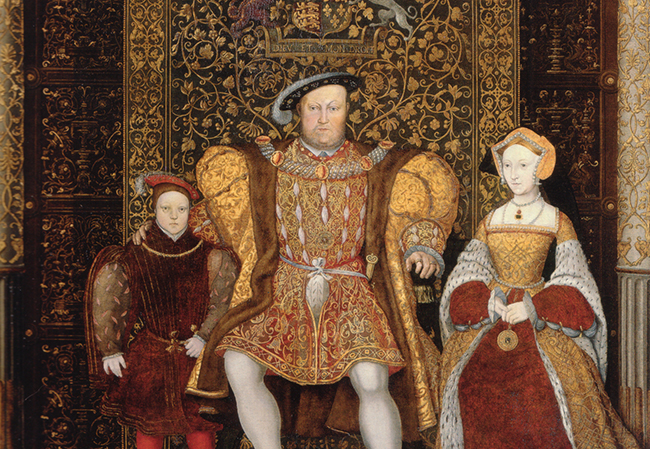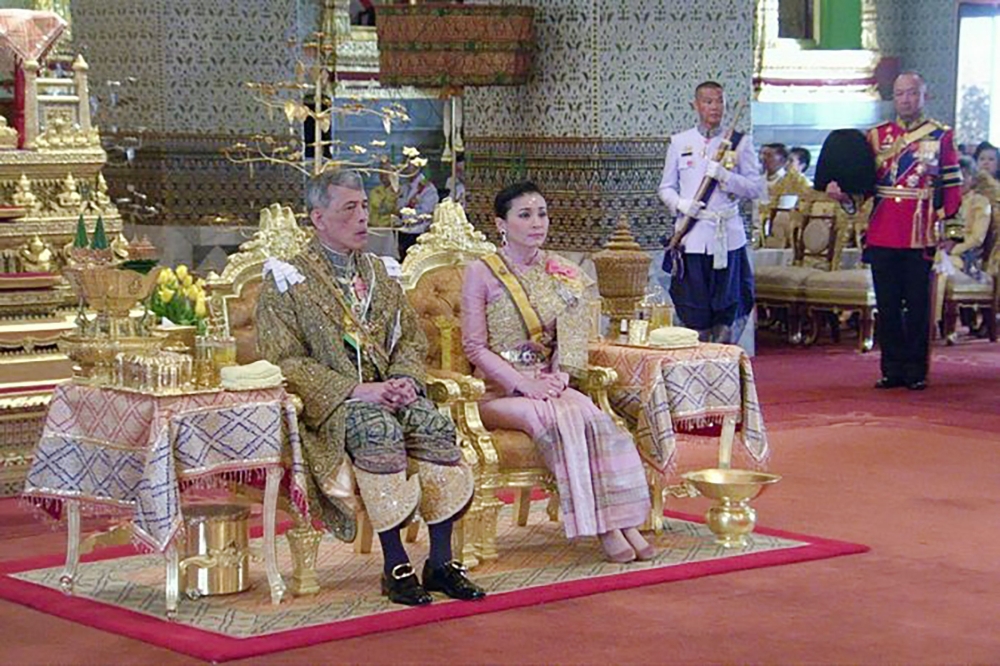vcdiversity.org – King Henry VIII (28 June 1491 – 28 January 1547) was a pivotal figure in English history, known for his tumultuous personal life and significant political reforms. His reign, which lasted from 22 April 1509 until his death in 1547, was marked by his six marriages and his efforts to annul his first marriage to Catherine of Aragon, which led to profound religious and political changes in England.
Early Life and Ascension to the Throne
Henry VIII was born on 28 June 1491, the second son of Henry VII and Elizabeth of York. His elder brother, Arthur, was expected to inherit the throne, but Arthur’s early death in 1502 made Henry the heir apparent. Henry VIII ascended to the throne on 22 April 1509, following the death of his father.
The Six Wives of Henry VIII
Henry’s personal life is perhaps his most famous aspect. He married six times, with his marriages to Catherine of Aragon, Anne Boleyn, Jane Seymour, Anne of Cleves, Catherine Howard, and Catherine Parr each having significant political and religious implications. His quest to annul his marriage to Catherine of Aragon, which was denied by Pope Clement VII, was a major catalyst for the English Reformation.
The English Reformation
Henry’s dispute with the Pope over the annulment of his marriage to Catherine of Aragon led to a profound split with the Roman Catholic Church. In 1534, the Act of Supremacy was passed, declaring Henry the Supreme Head of the Church of England, effectively severing ties with the Pope and the Roman Catholic Church. This marked the beginning of the English Reformation, which transformed the religious landscape of England.
Political and Military Reforms
Henry VIII’s reign also saw significant political and military reforms. He centralized power, reducing the influence of the nobility and strengthening the monarchy. He also reformed the legal system and established a new code of laws. In terms of military, Henry expanded the navy and modernized the army, making England a formidable military power in Europe.
Legacy
Henry VIII’s legacy is complex and controversial. He is remembered as a monarch who reshaped the political and religious landscape of England, but his personal life and the human cost of his reforms have also been subjects of criticism. His reign set the stage for the modern British state and the Protestant Reformation in England, influencing the course of English history for centuries to come.
In conclusion, King Henry VIII was a monarch of immense influence, whose reign was marked by significant political, religious, and personal upheavals. His legacy continues to be debated and studied, reflecting the profound impact he had on the course of English history.


